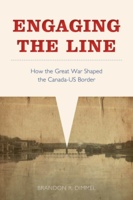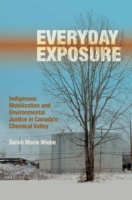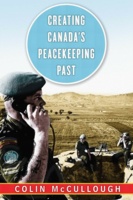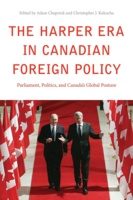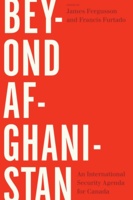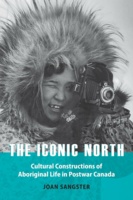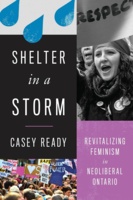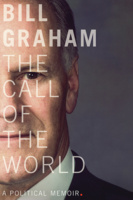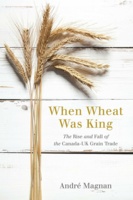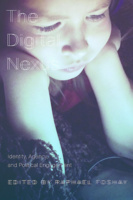Engaging the Line
How the Great War Shaped the Canada–US Border
Engaging the Line explores how the First World War forever changed the Canada–US border by examining reactions to increasingly strict security measures in six adjacent border communities.
Uncertain Accommodation
Aboriginal Identity and Group Rights in the Supreme Court of Canada
A bold analysis of what happened when Canada attempted to extend group rights to Aboriginal people in the early 1980s and why it went wrong.
Everyday Exposure
Indigenous Mobilization and Environmental Justice in Canada’s Chemical Valley
Everyday Exposure documents the adverse health effects experienced by Aamjiwnaang citizens in the heart of Canada’s Chemical Valley and argues for a transformative and experiential “sensing policy” approach that takes the voices and experiences of Indigenous citizens seriously.
Creating Canada’s Peacekeeping Past
Creating Canada’s Peacekeeping Past delves into diverse representations of Canadian peacekeeping, including National Film Board documentaries, political rhetoric, and high school textbooks to show how peacekeeping became a symbol of Canadian national identity in both French and English Canada.
The Harper Era in Canadian Foreign Policy
Parliament, Politics, and Canada’s Global Posture
The first comprehensive analysis of Canadian foreign policy during the Harper era.
Health and Safety in Canadian Workplaces
Beyond Afghanistan
An International Security Agenda for Canada
For years, the war in Afghanistan dominated Canada’s foreign and defence policy. Now that the mission is over, what are the issues that will shape Canada’s future international security agenda?
From Left to Right
Maternalism and Women’s Political Activism in Postwar Canada
This fresh look at Canadian women’s political engagement during the Cold War reveals that whether they were on the “left” or “right” end of the political spectrum, women were motivated by similar concerns and the desire to forge a new vision for their nation.
The Iconic North
Cultural Constructions of Aboriginal Life in Postwar Canada
The Iconic North explores how the “modern” South crafted cultural images of a “primitive” North that reflected its own preconceived notions and social, political, and economic interests.
Shelter in a Storm
Revitalizing Feminism in Neoliberal Ontario
Drawing on the experiences of three YWCA women’s shelters in Ontario, this book exposes the dangers for women that are embedded in government neoliberal policies and reveals how feminism can counteract this pervasive ideology.
How Canadians Communicate VI
Food Promotion, Consumption, and Controversy
The Call of the World
A Political Memoir
In this fiercely intelligent memoir, Bill Graham – Canada’s minister of foreign affairs and minister of defence during the tumultuous years following 9/11 – takes us on a personal journey through a period of upheaval in global and domestic politics, arguing that global institutions based on international law offer the best hope for a safer, more prosperous, and just world.
When Wheat Was King
The Rise and Fall of the Canada-UK Grain Trade
By tracing the rise and controversial fall of the Canadian Wheat Board, Magnan reveals how trade, international relations, and food politics have influenced the grain industry in prairie Canada, the UK, and around the world.
Brand Command
Canadian Politics and Democracy in the Age of Message Control
An eye-opening look at how political parties and the government use branding strategies and the implications that this has for Canadian democracy.
The Digital Nexus
Identity, Agency, and Political Engagement
The totalizing scope of the combined effects of computerization and the worldwide network are the subject of the essays in The Digital Nexus, a volume that responds to McLuhan’s request for a “special study” of the tsunami-like transformation of the communication landscape.

